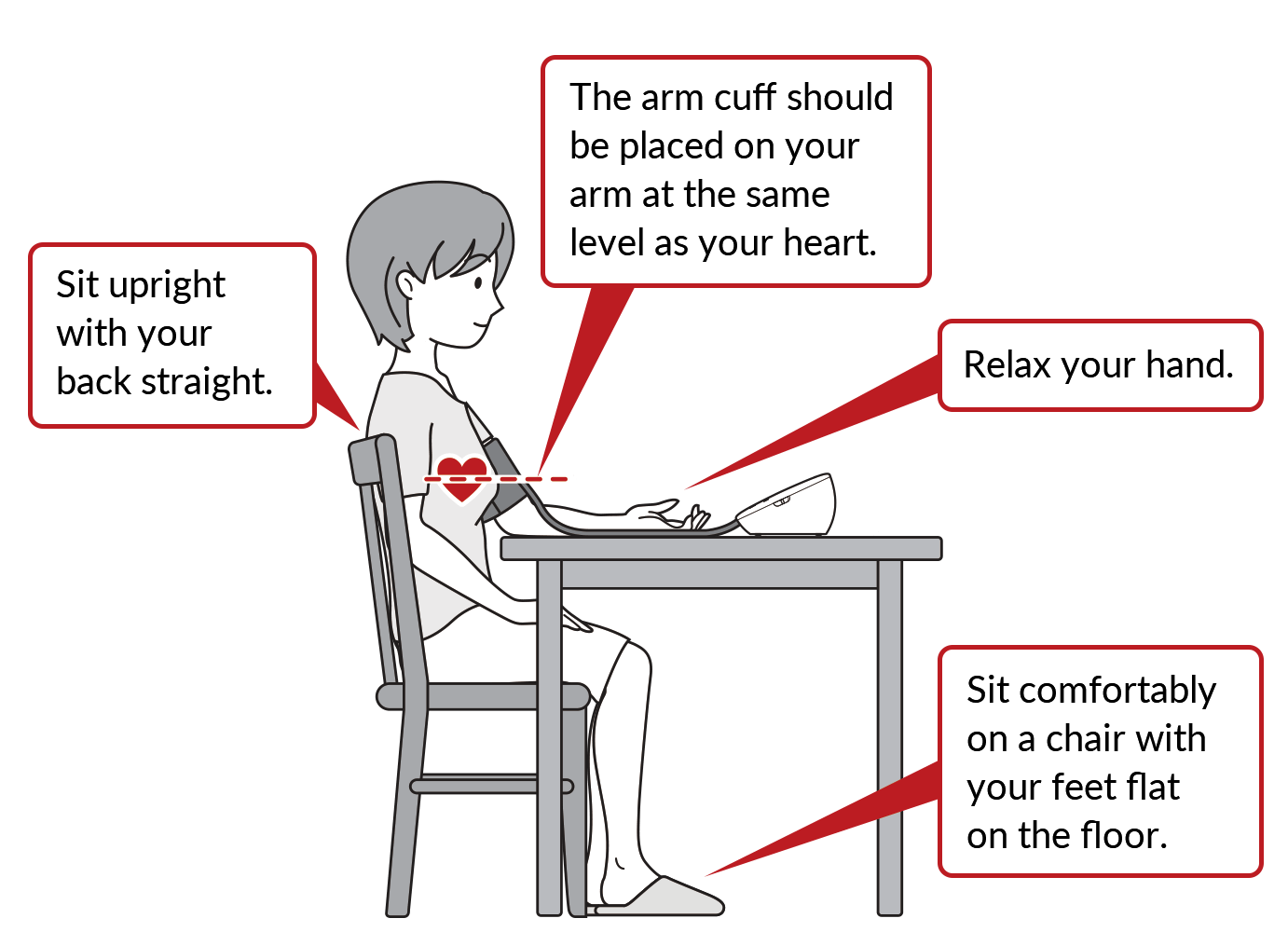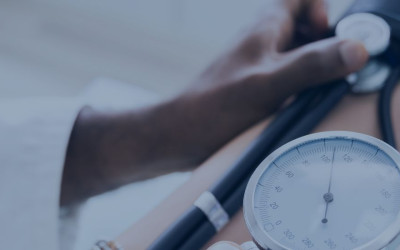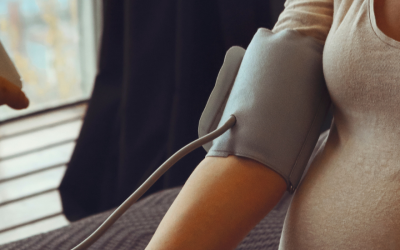
blood pressure
Are you taking blood pressure accurately?
Last Updated on February 07, 2020
Accurate Blood Pressure Measurement
We know, it sounds so simple, but we hear over and over again how patients are not getting their blood pressure taken correctly. We understand that doctors aren't often the ones taking blood pressure measurements themselves, but what quality checks are in place to make sure all staff who are, are doing so properly?

For expectant mothers, every prenatal visit to a doctor, nurse, or midwife -- either in one-on-one or group prenatal care -- starts off pretty much the same way. Your vital signs are checked: body temperature, body weight (let's see how that baby is growing!), and blood pressure. This last measure is particularly important when you’re pregnant. And here’s why.
High blood pressure in pregnancy is an important diagnosis and indicator for preeclampsia, how the rest of your pregnancy is managed prior to delivery, the timing of delivery, risk of complications, and long-term maternal outcomes. However, according to the Alliance for Innovation in Maternal Health (AIM), “Blood pressure measurement is one of the most important basic clinical assessments that we do, yet it is often one of the most inaccurately performed assessments, leading to delays in diagnosis and treatment.”
High blood pressure is recorded as a ratio of two numbers: systolic blood pressure and diastolic blood pressure. Systolic blood pressure, which is the higher (or first) of the two numbers, measures the pressure in the arteries when the heart beats. Diastolic blood pressure, which is the lower (or second) of the two numbers, measures the pressure in the arteries between heartbeats or when the heart is resting.
To get an accurate reading, make sure that you or your staff follows these general guidelines for positioning your patients:
- Sitting or semi-reclining position with back supported and arm at heart level
- No talking for at least five minutes before measurement
- Bare upper arm without restrictive clothing
- Feet should be flat, not dangling or crossed
- NEVER lay a patient on their side for a lower reading
Other things that can affect the accuracy of your blood pressure reading include the presence of background noise, if the patient recently consumed any caffeine or nicotine, weight, and using the wrong cuff size (whether it’s too small or too big).
Improper positioning alone can cause quite a dramatic increase in blood pressure. For example, if the patient's back is unsupported, the diastolic blood pressure may be higher by 6 mmHg (Pickering TG et al; Circulation 2005). If your legs are crossed, systolic blood pressure may be higher by 2-8 mmHg (Pickering TG et al; Circulation 2005). If the arm is allowed to hang down unsupported, the blood pressure may be elevated by 10-12 mm Hg (O’Brien E; J Hypertension, 2003) and if the patient is talking, blood pressure may increase by 8-15 mm Hg.
In addition, we know that many health care providers are encouraging patients to monitor their blood pressure at home. We have easy-to-understand educational resources you can share with your patients here on our website at http://www.preeclampsia.org/blood-pressure to show them how to "Check - Know - Share" with you, their provider.
We know medical staff are extremlely busy, but what is the point in taking a measurement if it isn't done properly? Follow these steps and help save the lives of moms and their babies! Thank you for all you do.
Image Credit OMRON
Related Articles

Congratulations on receiving your brand new Cuff Kit®! Want to learn more about how to use your iHealth Track device? Here are some handy videos and links to get you started. Unpacking and using...

Nurses play a vital role in detecting preeclampsia and caring for patient before, during, and beyond pregnancy.

A key component needed in the fight against preeclampsia is the development of tests for simple, rapid, and accurate diagnosis and prediction through the development and adoption of biomarkers.

Preeclampsia can strike quickly. Give new and expectant moms the best tool for early detection of hypertensive disorders with the Preeclampsia Foundation Cuff Kit® - a pregnancy-validated monitor wit...

Every woman should be able to check her own blood pressure at home.

Preventing and managing high blood pressure with healthy lifestyle behaviors are at the center of updated clinical guidelines published this week in the American Heart Association (AHA) peer-reviewed...

Hypertensive disorders of pregnancy are a leading cause of maternal death in the state of Indiana. To address this critical issue, the Indiana Hospital Association is teaming up with the Preeclampsia...

Recientemente, me encontré con una publicación en las redes sociales señalando la crisis de salud maternal desde la perspectiva de una mujer negra. Una persona respondió a...

For more on the Preeclampsia Foundation's work to amplify all research related to biomarkers for improved prediction and diagnostic tools, please visit https://preeclampsia.org/biomarkers. INDIANAPOL...

GAP—SPIRIN campaign gets low-dose aspirin to those most at risk to help close the maternal health gap in preeclampsia ________ NEW YORK, January 23, 2025/PRNewswire/ – In recognition of...
